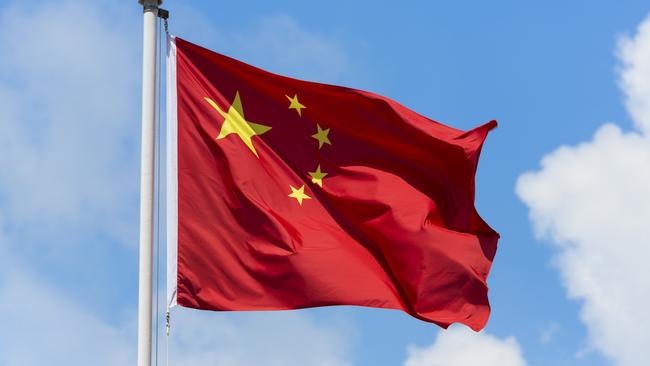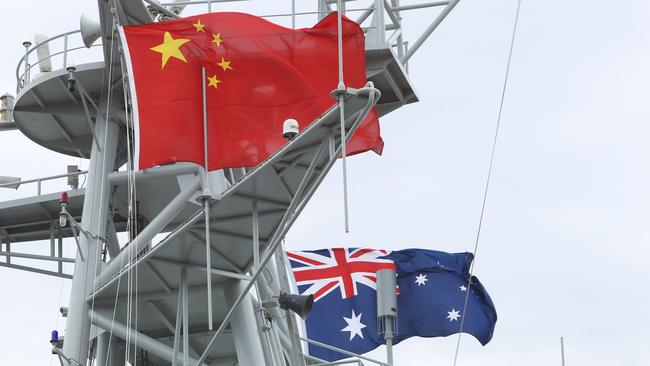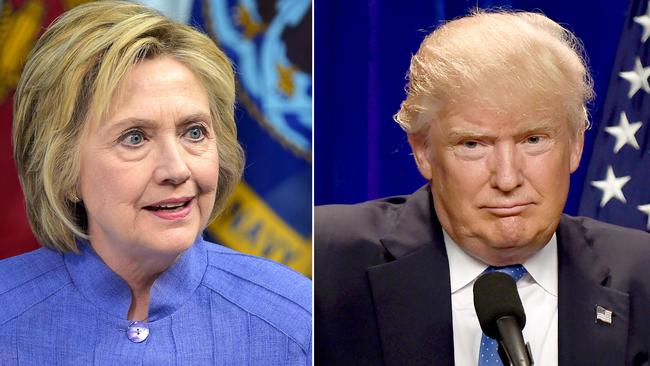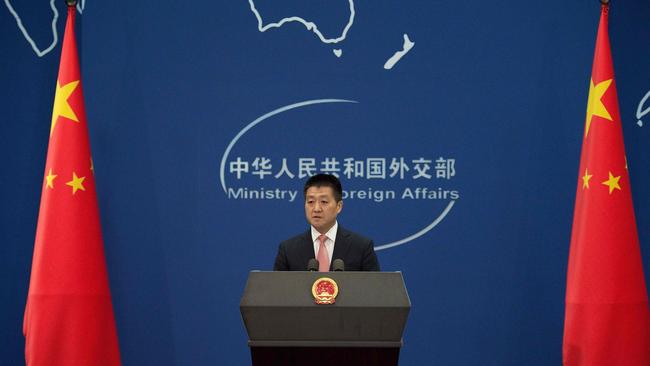A prominent Chinese media outlet has launched a scathing attack on Australia
A STATE-run Chinese media outlet has launched a scathing attack on “delirious” Australia, threatening military action against us.
A PROMINENT state-run Chinese newspaper has launched a scathing attack on Australia and threatened to take military action over the South China Sea dispute.
The Global Times editorial piece, entitled ‘‘Paper cat’ Australia will learn its lesson’, follows the Federal Government’s decision to support an international tribunal over the South China Sea.
It describes Australia as a “delirious” country with “an inglorious history” that is mocked by others, going right back to British colonisation in 1788 in its searing assessment.
“It was at first an offshore prison of the UK and then became its colony, a source of raw materials, overseas market and land of investment,” the editorial reads.
“This country was established through uncivilised means, in a process filled with the tears of the aboriginals.”
It accuses Australia of not only “trying to please the US”, but of intending “to suppress China so as to gain a bargaining chip for economic interests”.

The piece goes on to make a direct threat to the nation, warning that if Australia physically involves itself in the South China Sea waters, our country will “be an ideal target for China to warn and strike”. The media outlet said “China must take revenge and let it (Australia) know it’s wrong”.
The hostile piece concludes by saying “Australia is not even a ‘paper tiger’, it’s only a ‘paper cat’ at best”. The term ‘paper tiger’ refers to something that seems intimidating but has no real power.
“Australia has unexpectedly made itself a pioneer of hurting China’s interest with a fiercer attitude than countries directly involved in the South China Sea dispute.
“But this paper cat won’t last.”
WHY IS AUSTRALIA BEING THREATENED?
Last month, Australia supported an international court decision ruling that China had no legal basis to claim historical rights in the South China Sea.
The court found heavily in favour of The Philippines, which initiated the case, but Chinese President Xi Jinping said his country’s “territorial sovereignty and marine rights” would not be affected by the ruling.

Dr Michael Clarke, an Associate Professor at the National Security College, told news.com.au it was clear that China is feeling belligerent towards Australia at the moment.
“They’re really hell bent on targeting the US, and saying Australia is this extra-regional actor which doesn’t have a role to play in this.”
In other words, China wants Australia to butt out of the South China Sea dispute altogether.
But, while he acknowledged the editorial’s wording is fairly strong, Dr Clarke said the Global Times is a nationalistic “tabloid mouthpiece” that can safely be taken with a grain of salt.
He said that, rather than a sign of an imminent attack by the Chinese government, the editorial was merely just a symbol of the larger debate — does Australia have to make a choice between its global alliances and its economic relationship with China?
He also said Australia’s fate in this scenario could vastly differ depending on who becomes the President of the United States, following the November election.
“With respect, if Hillary Clinton wins, we’ll have a much clearer idea of what’s going to happen,” he said. “She has a much clearer track record.
“Trump is very much uncertain, he’s more concerned with mouthing off for US security. It’s safe to say Australian leaders will make the call when the time comes.”

Dr Adam Lockyer, a security expert from Macquarie University, told news.com.au that the last thing Australia would need is to have to choose between China and the US.
“Australia’s position is we don’t want to choose,” he explained. “As soon as we’re forced to make a choice, we lose. The guiding principle of Australian foreign policy is ‘Don’t choose between the US and China’. Doing so will either affect our security or our economy – or both.”
He expressed particular concern over a potential Trump presidency, saying the Republican frontrunner has been “quite bullish” in his comments towards China, and warned the aggressive rhetoric could hurt our crucial relationship with them.
THIS ISN’T OUR FIRST WARNING FROM CHINA
China’s stance on Australia has taken an aggressive turn over the past month.
Just last week, China pronounced itself “very unsatisfied” with the actions of countries like Australia, warning of “serious measures” if global powers continue to oppose its development in the South China Sea.
Earlier in July, China’s Foreign Ministry spokesman Lu Kang denounced Foreign Minister Julie Bishop, warning that Australia must “talk and behave cautiously”.
He was responding to comments she made last month on ABC radio, where she said China should abide by the UN ruling and Australia would continue freedom of navigation exercises.

The nation was further incensed after US Vice President Joe Biden met with Malcolm Turnbull.
Mr Biden said China and the US were committed to “making sure the sea lanes are open and the skies are free for navigation”.
He said waterways such as the South China Sea were “the life bloodlines of commerce and the economic growth worldwide” and the two partnering nations were ready to face “any challenges in the Pacific with a united front”.
US and Australian troops plan to step up training so they are “fully prepared” to cope with rising tensions over Beijing’s claims in the region.
The Chinese government warned Australia its position was “detrimental to the political foundation of our relationship”, and “present co-operation” would be “damaged” if it took further action.



